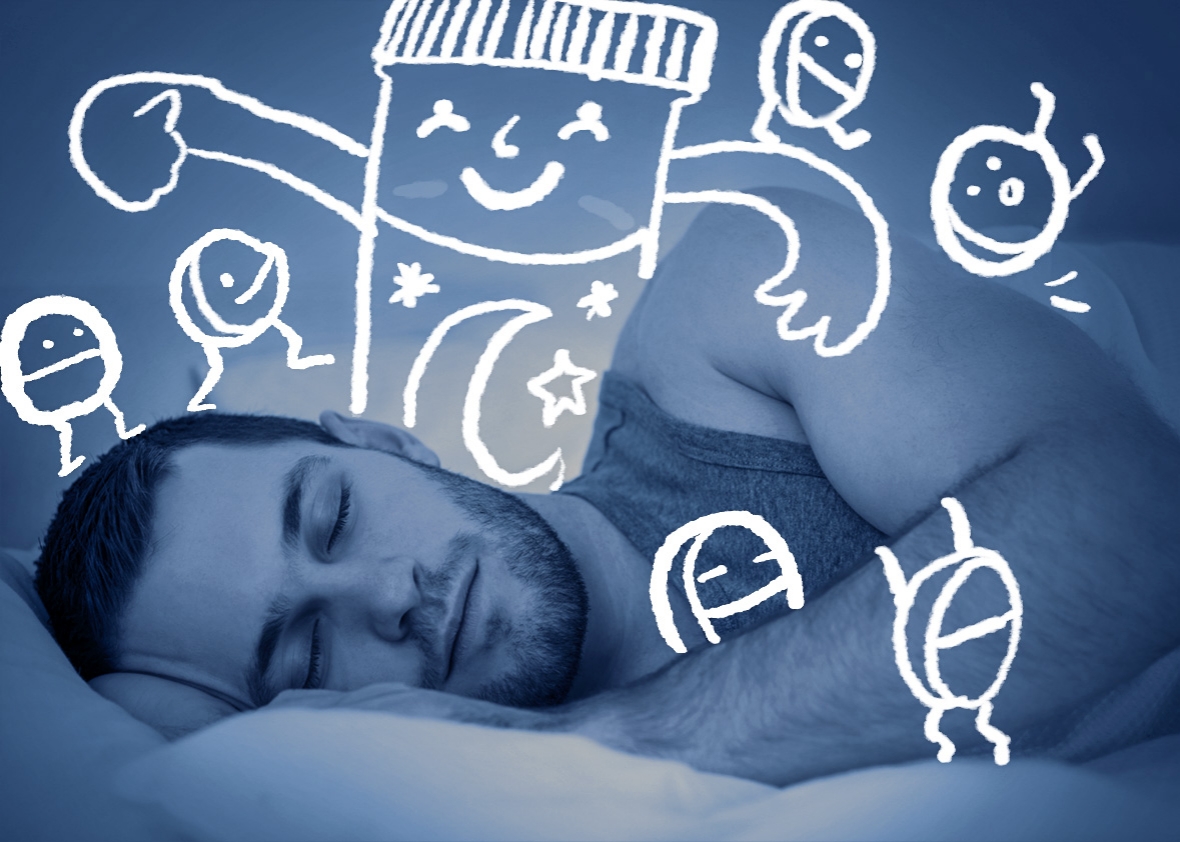A dream is a succession of images, ideas, emotions, and sensations that usually occur involuntarily in the mind during certain stages of sleep” and ‘Dreaming is a process of experiencing a dream during sleep.

Dreams may have may be of different types. In some dreams all the things happen according to our wishes you can say it type of illusion sometimes we form an imaginary world in order to get rid of the realities or problems happening in real the world. So during sleep we travel in that world. Some are often a sign of something bad or good that is going to happening. Dreams may be good or bad, According to my opinion it’s actually depends on our thoughts either our thinking is positive or negative. Whatever we are thinking are observing during the day those things repeated in our mind during sleep. According to psychologist opinions dreams represent wishes that the dreamer subconsciously wants to be fulfilled. Most research that is done on dreaming is done on the “unconscious wish” or the “biological process.
According to biology dreams are doing the same thing for man that a Saturday movies do for a child. In simple words dreams keeps our mind Fresh and workable. Even blind people dream. They may see images of events that they have experienced before they became blind. On the other hand a person who was born blind does not see pictures in dreams, but they can hear, smell and taste in them. People often having the same dream, these are actually the problems that you have not solved yet or may be some other problem. Sometimes we often have nightmares which are the dreams that are so terrible that you usually wake up. There is medical treatment for nightmares. You can go to therapists who try to find out why you have nightmares and how to deal with them.
Theories of dreaming
There are different theories related to dreams and dreaming. Here we are discussing some famous theories related to histories.
• One theory that is given by the famous expert Sigmund Freud on dreaming is that our mind keeps everything that we might want but cannot have there. It is a place where we keep our desires and wishes in dreams we act out these wishes.
• 2nd theory is Dreams are sign of good or bad things that are going to happen with us in future. This sign is sometimes may be from the God.
• Hippocrates (469–399 BC) had a simple dream theory: is the soul leaving the body and being guided until awakened. The belief that souls left the sleeping body. During the day, the soul receives images; during the night, it produces images.
• Philosopher Aristotle (384–322BC)believeddreams caused physiological activity. He thought dreams could analyze illness and predict diseases.
• Marcus Tullius Cicero, for his part, believed that all dreams are produced by thoughts and conversations a dreamer had during the preceding days
• Some experts think that dreams are full of symbolic messages that mean something which is deep inside us
So these are different theories that we often have heard about the dreams. . Let’s talk about the biological and psychological mechanism that happens when a person is sleeping.
What happens in dreams?
Dreaming is the activity of brain. It produces electrical waves which can be measured with an electroencephalograph. Dreams occur when brain waves are especially fast.
Actually our sleep is divided into five stages. In One stage we do not sleep very deeply and we wake up easily and during the following stages our sleep gets deeper and deeper. Main stage is REM that is (Rapid Eye Movement) in which sleep begins. During this phase our heart rate and breathing gets faster. Blood pressure goes up and the brain starts to work but the body does not. That is why we don’t act out our dreams because the body is inactive. Most dreaming occurs in this phase. The length of a dream can vary; they may last for a few seconds, or approximately 20–30 minutes People are more likely to remember the dream if they are awakened during the REM phase. The average person has three to five dreams per night, and some may have up to seven however, most dreams are immediately or quickly forgotten. Dreams tend to last longer as the night progresses. During a full eight-hour night sleep, most dreams occur in the typical two hours of REM. Most people cannot control their dreams, they just happen. Very few people experience logical dreaming. They can control what happens in their dreaming while they are asleep. Moreover Opinions about the meaning of dreams have varied and shifted through time and culture. In future hope more researches will be conducted on Logical and non logical dreaming.
Authors get paid when people like you upvote their post.
If you enjoyed what you read here, create your account today and start earning FREE STEEM!
If you enjoyed what you read here, create your account today and start earning FREE STEEM!
Sort Order: Trending